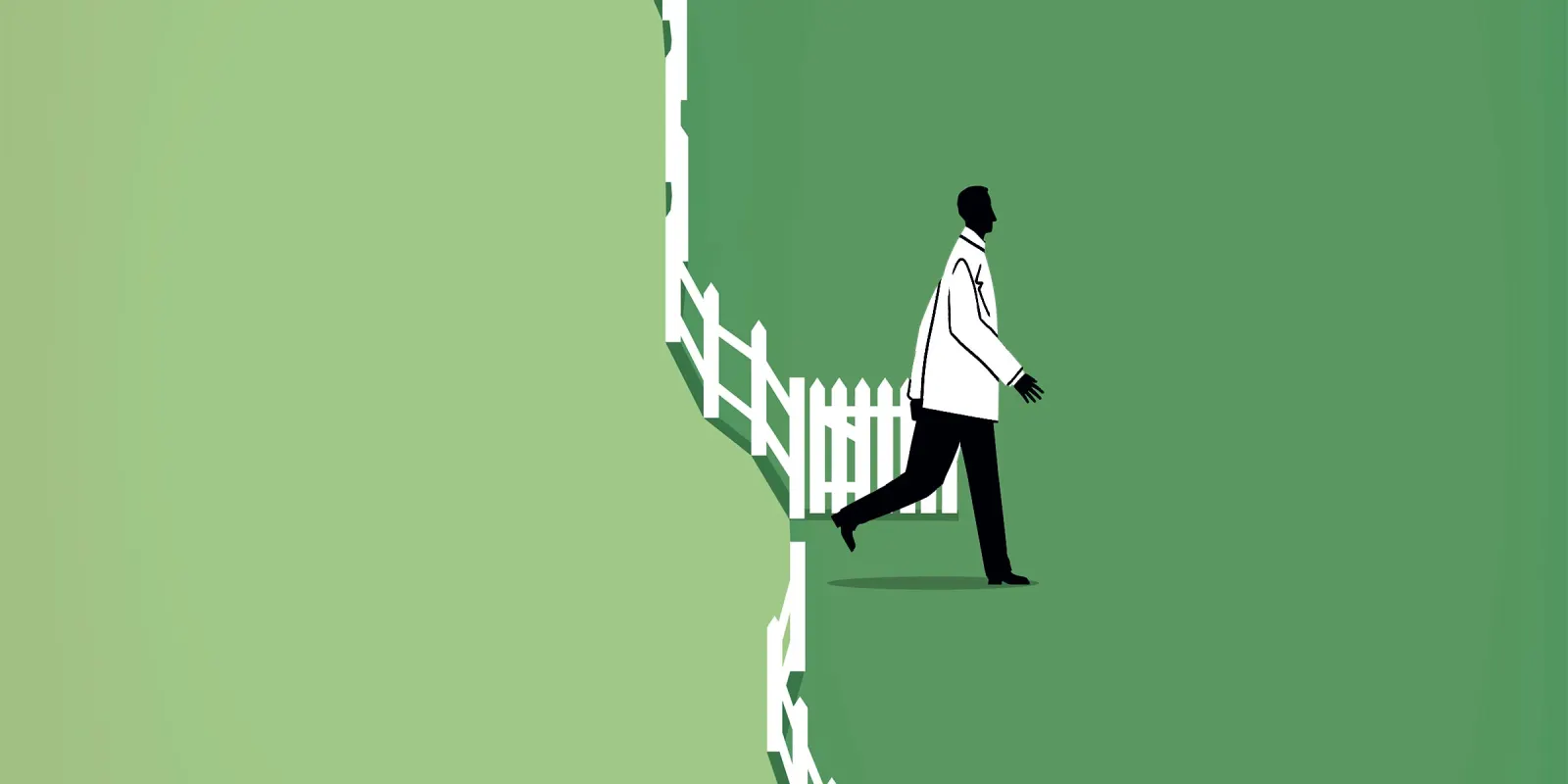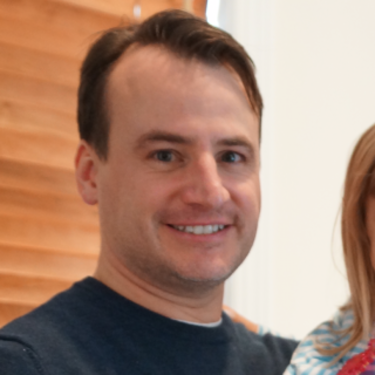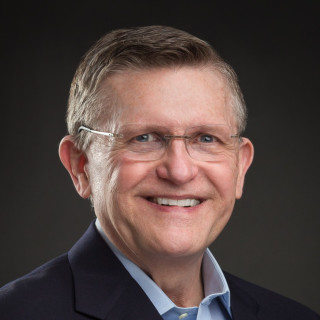I had always wanted a job that was essential. A job that if I didn’t show up, it was a big deal, and things wouldn’t get done. A job (and I remember a Cheers episode when I was a child that illustrated this) where I couldn’t be replaced by a monkey. Nothing against monkeys, but I wanted a bit more responsibility. Thus, education, training, practice, and dedication. So, I became essential.
However, at 5:46 p.m., I didn’t want to be essential. I was one of two PAs on the cardiothoracic team, and I shared call 50/50, and had done so for the previous eight years. My wife is a colorectal surgeon, with a less-vigorous call schedule, but with additional commitments as a practice partner. She would often need to work late, which added an additional complicator to our scheduling. I was not on-call this particular day, and my responsibilities outside of the hospital included picking up my 1-year-old daughter and her 4-year-old sister. There was no wiggle-room on pickup time: I needed to be there. Trust me, I tested this.
Surgery is different from other specialties, but the commonality of medicine is that you leave only when the work is done. There are no definitive on and off moments in practice, as you may be called to stay later to finish up with a procedure, or need to add someone to your schedule early the next day. However, life outside of medicine requires certain commitments too, such as being the one responsible to pick up your kids on the day your wife is in the OR.
Being essential, while seemingly being what I needed in my career, also ceased being a singular perspective in my life. There were two little girls who wouldn’t understand why they were the last in their class to be picked up, or why they needed to wait with one of the teachers as the building was shut down for the night.
My parents divorced when I was about 12 years old. My father lived abroad, and my mother had her hands full with the six of us, and had next to no time to attend my swim meets, my sister’s school plays, or my brother’s baseball games. While I knew my mother didn’t have the choice, I wanted my girls to know that if the choice to be a part of their lives was left to me, I would choose them. Always. But, as we in health care know all too well, it’s not quite that simple. We usually sacrifice ourselves before taking time away from our career. How would I find that balance?
When I was in school, I was only interested in cardiac surgery and cardiology. Surgeons always were fascinating to me. Any procedure-based medicine was captivating and intimidating. These people were challenging the fabric of life and death, and each step I made along the way to working in surgery kept me awestruck. I was permitted, encouraged to raise a scalpel to make an incision in a patient’s skin, expected to perform, and accept the responsibility of the outcome. It was humbling, elevating, and intimidating, all at once.
The clock now said 5:53 p.m.. Pickup time was 5:30 p.m., but only if you had paid for aftercare. I had a 20-minute commute ahead of me, and pictured my girls wondering if I’d ever get there. I envisioned their teacher, frustrated, ready to go home to her own family, and worried if I would get yet another terse email from the school’s director. My first priority was to the patient, always, second was to the team, and all else was down the line. In surgery, our priority lies directly on the operating table. However, in our outside lives, we prioritize our families, rightly so, and all of us struggle with our work/life balances. There was also, however, a 12-year old boy inside of me, waiting in the parking lot, wondering if someone would ever show up.
We finished the case, I closed up, and rushed to get my girls. I managed to get the circulating nurse (thank you!) to call the school, and explain the situation, but time was tight. This was the third time that I had been this late on a day where I was not on-call, and something had to change. My wife and I had the conversation I knew was coming: What would be our solution?
When I was in PA school, one of my cardiac rotations fell through at the last minute. I scrambled to find another option, and there was not much choice left. I was offered general surgery, ob/gyn, colorectal surgery, all of which I’d already done, internal medicine (what, medicine, NOT surgery?), and psychiatry. Nobody apparently wanted psychiatry, but it interested me, so I took it. I remember showing up on Day 1 holding my DSM-IV tightly. I wore the required shirt and tie, not scrubs as I was accustomed to. I was terrified.
I found, to my surprise, that psychiatry held me captivated in a way that I hadn’t expected. I was used to the technical, procedural application of medicine, not the pharmacology and therapy that were psychiatry’s tools. I loved it, but there were few options at that time for a PA.
So, after a 14-year career in cardiothoracic surgery, my wife and I weighed the decision: Would I give up the life I had known in surgery, to take less, or no call, for the survival of my family? Would I still feel challenged, and fulfilled? Ultimately, I decided that my life and my family needed me to take a leap into the unknown. I tried to be brave. There were three pairs of eyes looking at me, hoping that I’d be able to rise to the challenge.
More than eight years later, I’m working primarily from home via telemedicine for psychiatric care. I don’t take any call, and limit my hours to four days a week. As we well know, that doesn’t mean I get to “punch out” at 5 p.m., because we all need to be accessible to our patients, and the health care system. But I am able to cover when my wife needs to add on another surgery, or stay late, and I am the one that drops my girls off most days and is there to get them to swim practice after school (on time). I wouldn’t change it for the world.
I have challenges, failures, and triumphs with psychiatry, and I am grateful that I have been able to transition to another specialty successfully. Would I go back? I do wonder once in a while, but I am good at compartmentalizing my experience, and don’t consider it. I love what I do. Remember when we said “to help people,” when asked “why medicine?” for school? It’s true, and I don’t regret a change of scope for the benefit of my family.
In health care, we are blessed to do what we do, blessed to have the trust of our patients, and blessed to care for them as if they were family. I don’t quantify the level to which I am blessed.
I will feel complete if I can care for patients in any way I am able. I have to always keep in mind that the energy that fills my tanks, so to speak, isn’t just my satisfaction with good patient care, it’s nurturing my relationship to my family, friends, and myself.
Too often in medicine we punish ourselves. We work when we are sick, answer calls and questions after-hours, miss parent-teacher conferences, and sacrifice our weekends. Still, it’s often not enough. To balance our lives requires a constant effort, and evaluation. For me, my balance necessitated taking a step back from the rigors of surgery, toward a different career arc in psychiatry.
If I ask myself, “Did I get the balance right?” I need only to look toward my daughters, who know I will be picking them up, watching their swim meets, and signing them up for tennis. Medicine’s responsibilities are right up there, but I have the privilege to have finances take the secondary position. The ability to switch my specialty mid-career is something that I cannot under-value, and I am grateful that I was able to take this path.
What thoughts do you have about the specialty you chose? What would you be doing if not your current specialty? Share in the comments.
Chris van Eyck, DMSc, PA-C, MSHS is a psychiatric physician associate working in psychiatry in Northern Virginia. He is a 2023–2024 Doximity Op-Med Fellow.
Image by dane_mark / Getty Images






